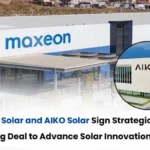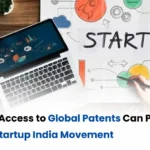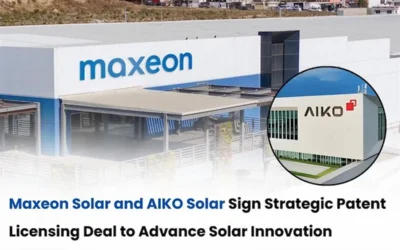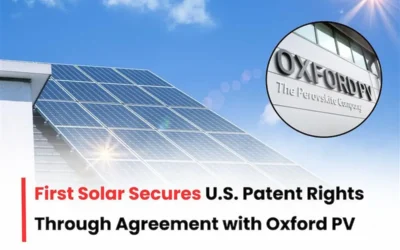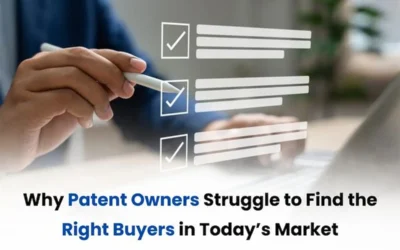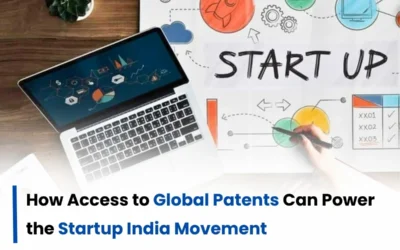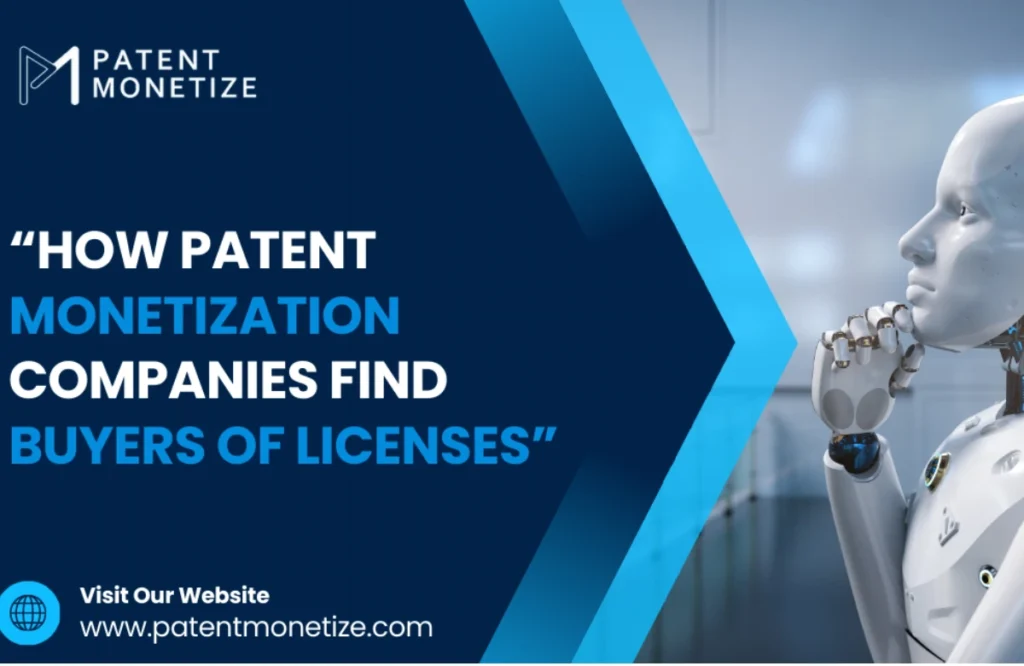
Intellectual property emerges to be the biggest performance enabler in most industries as innovation-led economies. Patents are one among the leading intellectual properties that potentially have a bottom-line impact in a business. However, it is the actual award of patent to most businesses that only creates the first milestone toward the overall monetization value of that very patent. Among some of the firms contributing to these occurrences are patent monetization firms which help patent owners find a buyer who has an interest in a license for the patent being marketed by its owner to the maximization of value made on their intellectual property. Patent Monetization. Let’s go through how these firms work. Here let us proceed to learn with which strategies they would be approaching to attract buyers’ interest in such a license; besides all these, learn some of the answers to Frequently Asked Questions concerning patent monetization.
Understanding Patent Monetization
Patent monetization can be defined as the income accrued from a patented invention, technology, or even an idea. Another exclusive right to harvest through a patent is by third parties interested, either by license or by buying the patent for resale. A patent monetization company can guide a patent holder by introducing it to the prospect of the third parties so the patent holder gains the best benefit.
Patent holders can monetize their patents in several ways, including:
- Licensing: This is the most fundamental one. In this, patent owners allow other companies to use their patented technology after charging them a lot of money as royalties or one time payment.
- Selling Patents: Patent owners sell their patents wholly to another entity, in which full ownership and rights will be transferred.
- Enforcement: The patent owners can sue other companies, which is also the cases of patents and demand compensation concerning the abuse of the concerned technology.
- Partnerships and Joint Ventures: Sometimes, patent owners collaborate with other companies for the production of the relevant technologies based on the patents owned by them through the creation of joint ventures.
The most important advantage of patent monetization is now open to the doors of the inventor, the start-up companies, and others that do not have a fair chance for commercial exploitation from their patents due to unavailability or incompetence in gaining resources. Patent Monetization Companies avail this strategic approach by looking into finding a potential buyer and dealing negotiation and proper management of the process with its licensees.
How Patent Monetization Companies Find Buyers of Licenses
Some of the key roles of a patent monetization company include identifying and matching the owners of patents to the potential buyer or licensee. The buyer is a big company to small companies; most will look for specific patents that address their business model and technological directions. Some of the main ways patent monetization companies obtain buyers for their licenses include:
Sector-specific targeting
It begins with a list of the industries to be contacted with the patented technology by the patent monetization companies. In this, they combine their knowledge base to come up with the most promising industries to target the value of the patents. From the same category, it named the following: – Telecommunications – Pharmaceuticals and Biotech – Software and IT – Automotive and Aerospace – Consumer Electronics Further to that, remaining scope of industrial and business establishments that might be really interested in the specific patent further limits this possibility to finding a potential buyer or licensee who really needs the involved technology and can offer an equitable deal.
Networking and Relationships with Corporations
Patent monetization companies have already approached giant corporations, tech companies, and investors who are asking for the purchase of patents or license rights. Such companies are always well interested in acquiring new technologies that position them on a better advantageous side. Through this network, the patent monetization company reaches out to such potential buyers and provides them with patents pertaining to the strategic goals of the company. Settlement in a fair price at an early time by patent acquiring companies enhances the prospect of a patent monetization firm because of such purchase histories.
Patent Auctions
Patent monetization companies use a form known as patent auctions. Under patent auctions, patent sales and licensing occur. The sales and licensing may either be public or private. It can provide for an efficient mechanism in getting the patent owners to contact many potential buyers. Sometimes, these sales come over the Internet using proprietary patent auction sites whereby one may see what patents are up for sale and what one can be bid on them. Patent auction sites present an environment which compels the buyer to quote a higher price if they intend to acquire a patent they like to buy.
Licensing Programs
Patent monetizing firms make it relatively easier to permit companies access to rights concerning patented technologies in developing the licensing programs. Some of such types of these programs may thus be designed providing a structured framework in licensing agreements. These programs can include
- Exclusive Licenses: In an exclusive license, one particular company is allowed rights to a particular territory and or market section on the application of the patented technology.
- Non-Exclusive Licenses: Here, more than one firms are allowed to buy the patent license to exploit the invention in a non-exclusive terms.
- Cross-Licensing: It involves firms agreeing to provide licenses for each others patents.
The reasons such licenses are indeed available is nowadays such profiteer companies, which makes very easy to sell those companies, which are eager and ready to exploit the inventions patented. Which, as a result, fulfills a longing and demand of paying for those.
Patent Brokers
Patent broker is essentially a link through which the patents’ owners have contact with any potential buyers or licensees. Patent monetization companies often deal with patent brokers who are actually very knowledgeable in the art of the patent market and can easily reach hundreds or thousands of potential buyers. Patent brokers are very conversant with the negotiation terms; they know better how to understand the market dynamics as well as providing strategic advice on how one could best cash in on his patent. This opens up more possibilities for the owner because he/she is now in a position to get access to the network of working patent owners and other buyers and similar others that may never have even discovered him/her. All legal and administrative details of the deal are catered to by the patent brokers because the patent owners would require the process of making sure agreements are correctly formatted.
Patent Litigation and Enforcement
Litigation is another mode through which a patent can be monetized. For instance, if a patent is infringed, then its owner can proceed to file a lawsuit against an infringing party and recover their damages. The monetization firms have traditionally moved into a law firm to prosecute patents as an action for patent holders for a damages action.Although costly and time-consuming, litigation can sometimes pay handsomely when patent infringement can be proven. Companies seeking licenses will find litigation a great means of acquiring patents cheaply especially when the owner of the patent cannot enforce his rights.
Patent Licensing and Sales Platforms
Apart from selling through auction houses or other agents, the patent monetization firms can sell out the patents available for license or for a direct sale by uploading it in specified online websites. Through such measures, patent holders would come out before potential purchasers and all licensing firms located at global grounds.
The following are the main sites in which inventors are requested to put forth
- IAM Market
- Yet2
- IP Trade
- TLO
This makes it more visible to the patent owners while at the same time making it easier to find patents appropriate to his need by a buyer.
Read More: Best Ways to Find Patent Buyers and Licensees in 2025
Benefits of Using Patent Monetization Companies
There are too many benefits associated with partnering with patent monetization firms. The type of experience and know-how that patent monetization firms can offer would be good enough for patent evaluation, marketing as well as patent negotiations, and that is short and simple: well done, possibly through patent monetization firms.
- Expertise: Patent monetization companies connect with the buyers, licensees, and even patent brokers that enable patents to reach thousands of more customers at a great value.
- Time-Saving: Patent monetization is very time-consuming. It saves the core business of the patent owner by letting a specialized firm take care of licensing, negotiations, and striking deals.
- Maximized Value: Experienced monetization companies maximize the money value of patents with good negotiation skills and with competitive bidding, as well as efficient deal structuring.
- Risk Reduction: This therefore reduces patent risk borne by the patent holders as it arises through patent litigations or enforcement or licenses as the experience firms manage them.
Conclusion
These patent monetization companies are of very high utility to the patent owners. It ensures that the patents fetch the maximum value either through one or the other of the two effective targeting and networking and licensing programs, or the auction platforms by bringing the patent owners in touch with the buyers and licensees. Patents generate revenues and drive business growth. These monetization companies are those which enable the business organizations to derive maximum worth from their patents, acquire excellent licensing deals and return to their business. Licensing deals, sale of patents or enforcement-whatever is an individual business preference, this patent monetization tool converts intellectual property into an asset from which profit is drawn out.
